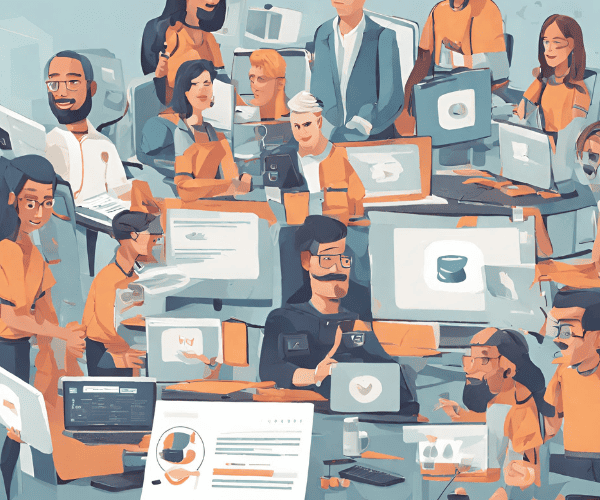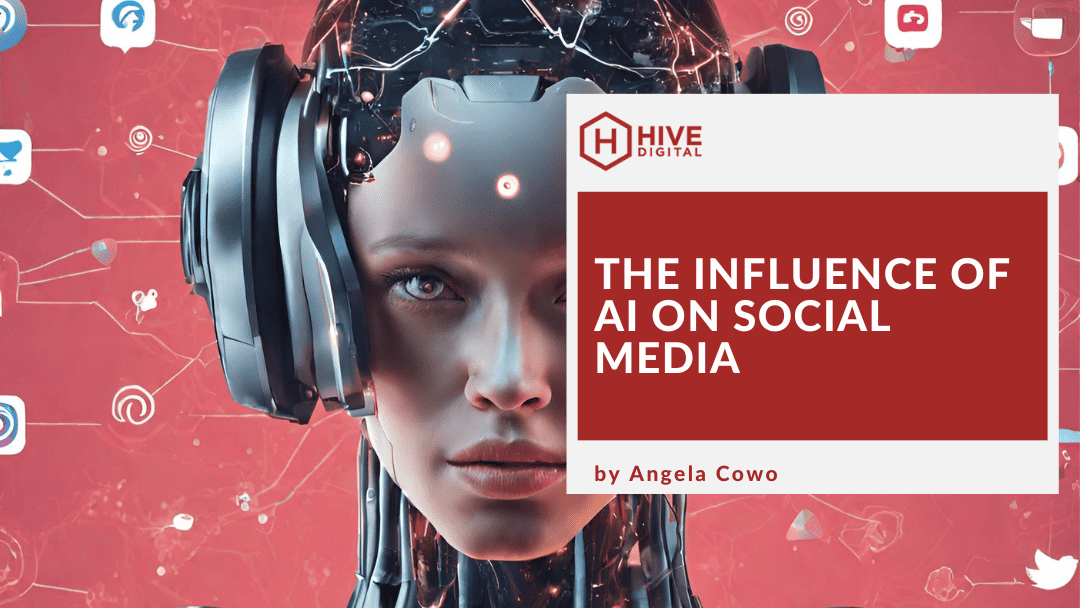The Influence of AI on Social Media
Artificial Intelligence (AI) plays a significant and evolving role in social media. It has been influencing how platforms operate, how users interact with content, and how businesses use these platforms for marketing and customer engagement.
Algorithms analyze user behavior, preferences, and interactions to personalize feeds and suggest content. By learning what types of content a user engages with, AI can tailor the social media experience to show more of what the user might like, increasing engagement and time spent on the platform.
AI and Social Media Advertising
AI can help in analyzing vast amounts of data to identify trends and user preferences, enabling advertisers to target their ads more effectively. This ensures that users see ads that are more relevant to their interests, increasing the likelihood of engagement.
Social media platforms use AI for image and video analysis which can result in AI recognizing and tagging people in photos, understanding the context of images and videos, and even detecting inappropriate or sensitive content. Predicting trends and user behavior by analyzing social media data is valuable for businesses to understand market trends, and customer needs, and to develop strategies accordingly.
However, many people have privacy concerns as AI relies on collecting big data sets. These concerns are often about user privacy and potential misuse of personal information. People worry about targeted advertising, surveillance, and even the risk of AI predicting their behavior in ways they don’t have control over.
Community Management and AI
Many businesses use AI-powered chatbots on social media to provide instant customer service. These bots can answer queries, provide recommendations, and even handle transactions, offering a quick, seamless customer experience. With the integration of AI-powered voice assistants, social media users can interact with platforms through voice commands, making the platforms more accessible and enhancing user experience.
AI algorithms are increasingly used for content moderation. They can scan posts, comments, and videos in real-time to detect and flag content that violates platform policies, such as hate speech, fake news, or graphic content. AI is used to analyze the sentiment behind social media posts and comments, helping brands gauge public opinion and reputation, and even predict market movements or political trends.

Fighting (and Adding) to the Spread of Misinformation
As AI-generated images become more realistic, it has become easier than ever to spread fake images online. It’s important to not actively share any misinformation on social media, AI is a tool that can be used to help fight misinformation but can unfortunately be also used to spread it. Tools are being developed to identify and flag fake news and misinformation, a growing concern on social media platforms.
Algorithmic Bias
AI algorithms learn from data, so they can amplify existing biases in the data they’re trained on. This can lead to unfair treatment of certain groups, like suppressing content from marginalized voices or promoting discriminatory viewpoints. People worry this creates echo chambers and reinforces harmful stereotypes.
PWC has a great article about Understanding algorthmic bias and how to build trust in AI, they mention in the article that without diverse teams and testing, it’s easy to let unconscious biases be automated by AI which in turn amplifies the bias.
The Good And The Bad Of AI
AI has been transforming the way content is created, shared, and consumed. It’s enhancing user experience, enabling better engagement for businesses, and addressing challenges like content moderation and misinformation. As AI technology continues to evolve, its role in social media is expected to become even more significant, offering new opportunities and also raising important ethical and privacy considerations.

